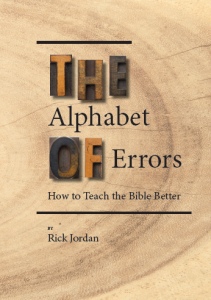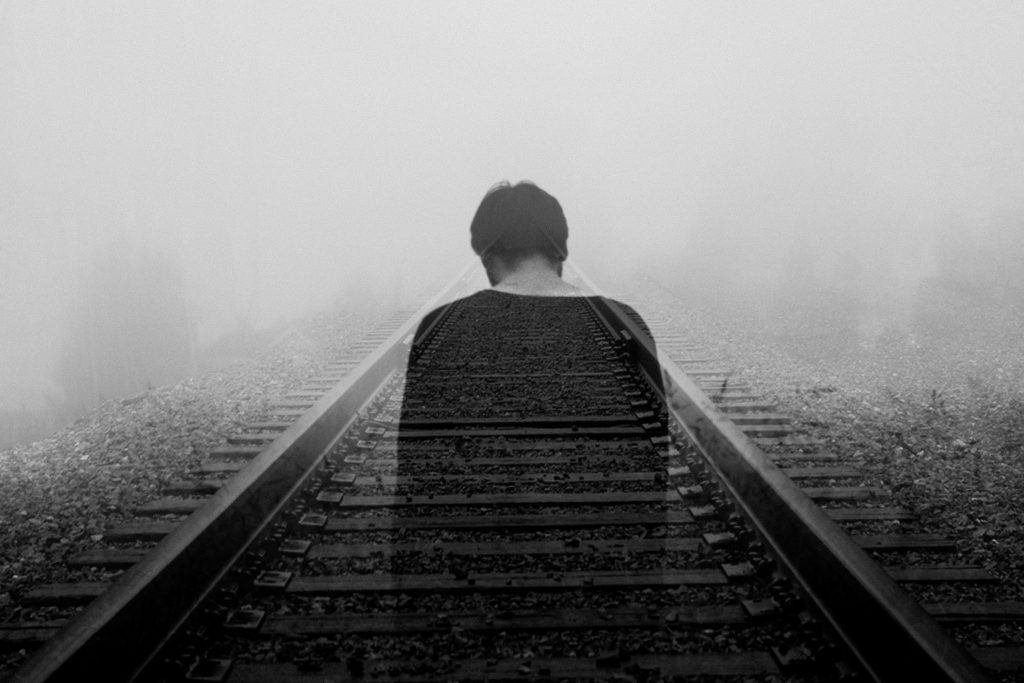
On Thursday, I will publish the video interview I had with Diana Gruver about her book, Companions in the Darkness: Seven Saints Who Struggled with Depression and Doubt. (The book will be released next Friday, but you can pre-order it on the link below from amazon.com.)
Diana has struggled with depression herself. It began in her college years. And, occasionally, depression returns. Depression is more than circumstantial sadness. Here is how she differentiates the two:
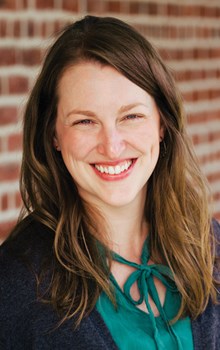
“Some people think depression is sadness. But it is deeper than that. The feeling of clearly defined and attributable sadness would be a relief. Instead I am overcome with too much feeling, awash with a vague, gnawing sorrow. I weep and writhe under its weight, and then in a terrifying turn, I feel so much that I feel nothing at all. I am still and numb. I would welcome sadness, for then I would know I am still alive. As it is, I am the walking dead.”1
You might think, “that’s not how a Christian should feel.” I am reminded of the hymn, Alas, and Did My Savior Bleed: “At the cross where I first saw the Light and the burden of my soul rolled away. It was there by faith I received my sight, and now I am happy all the day.” Is that real faith? Were the disciples “happy all the day?” Or is real faith more like the book of Psalms, one third of which are lamentations?
But again, unhappiness is not quite depression. Depression is a clinical illness. It is tied to our spiritual life, as is every part of our life. Diana says, “we cannot classify depression as a solely spiritual issue, with solely spiritual causes and a solely spiritual cure.”2
Where is God?
Depression, quite naturally, affects our spiritual life. Diana weaves her personal story within the narratives of these seven saints. For example, in her chapter on David Brainerd, she writes,
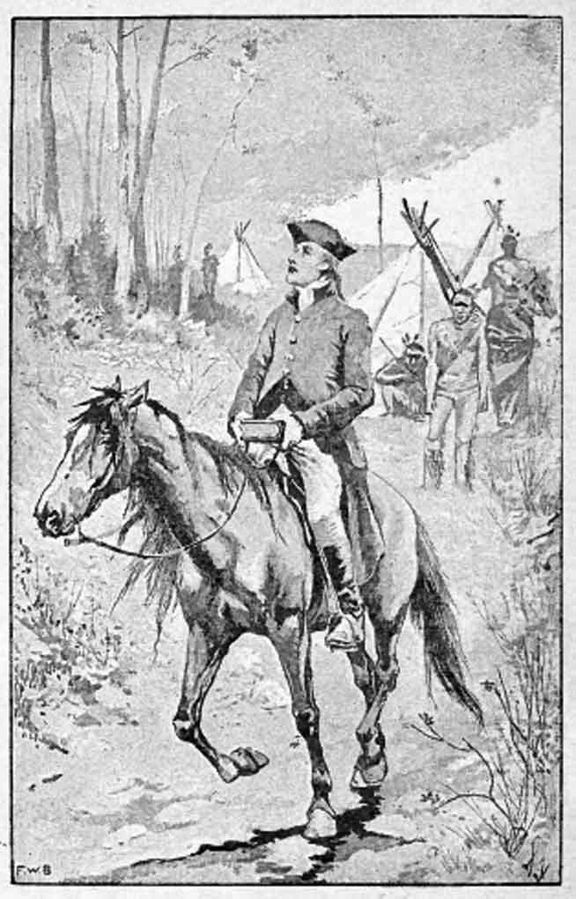
“I can relate to Brainerd’s feelings. I remember the sense of God’s absence, the silence of heaven, the seeming futility of spiritual exercises… If depression affected my relationship with the friends and loved ones I could physically hear and touch, why wouldn’t I expect it to affect my relationship with God, whom I could not physically hear and touch? It didn’t mean he had left or changed, but only that depression’s dark lens affected the way I perceived him and my ability to feel close to him – just as it did to any other relationship… A devoted religious life is not a mental health insurance policy.”3
It is possible that you have class members who struggle with depression. Many people do. According to the National Institute of Mental Health, in 2017:
- An estimated 17.3 million adults in the United States had at least one major depressive episode. This number represented 7.1% of all U.S. adults.
- The prevalence of major depressive episodes was higher among adult females (8.7%) compared to males (5.3%).
- The prevalence of adults with a major depressive episode was highest among individuals aged 18-25 (13.1%).
- The prevalence of major depressive episodes was highest among adults reporting two or more races (11.3%)
What can I do to help?
What can we do to help those who have depression? We can learn what depression is “like” and then grow in our empathy for those who suffer. We can offer our presence and prayers of hope. We can share hopeful stories of persons who have arrived on the other side of a depressive episode. We can be a friend.
Diana offers practical advice in her book. Pointing to seven heroes of the Christian faith who struggled with depression, she helps us walk with solid Christians who feel not so solid. She also helps us know what not to do, what not to say.
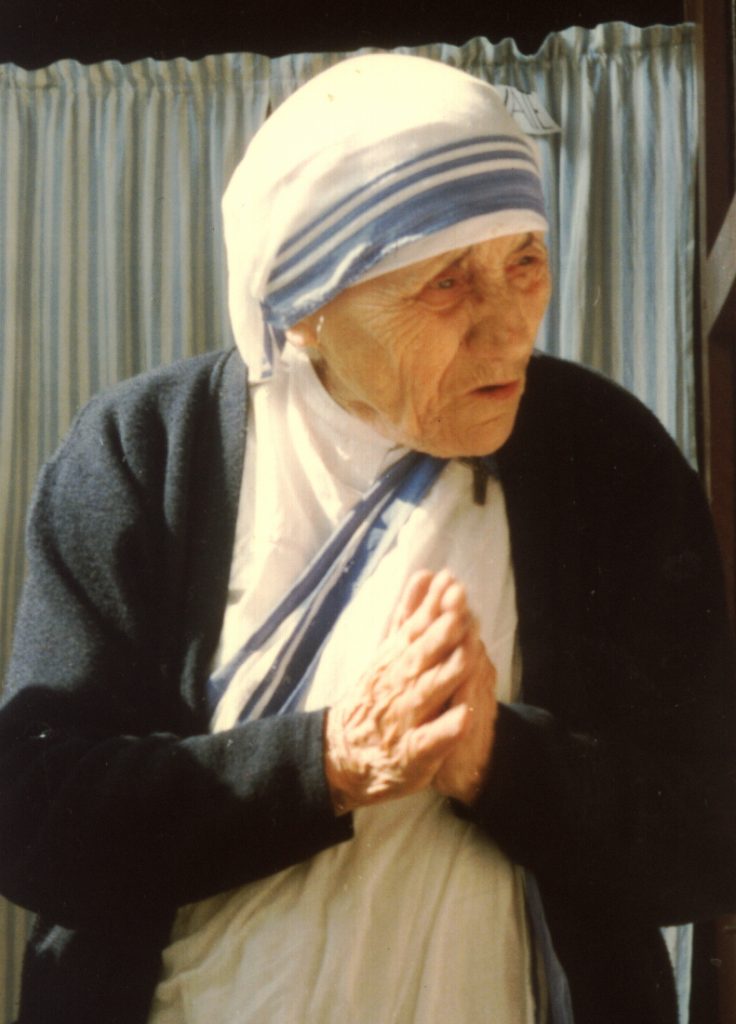
She believes these hero-stories will undermine “the lies that I am failing, that I am a ‘bad Christian,’ that I should be better than this, or that if only I were more faithful or holy or strong this would not be happening to me. Can you imagine the audacity of applying this principle to the brothers and sisters in this book? Of telling Charles Spurgeon to read his Bible more? Or David Brainerd to pray more? Or Mother Teresa to just choose joy? We regard these people as giants of the faith, as ‘saints,’ yet they still struggled with depression…. Sometimes our brains get sick just as our bodies do. Their lives bear witness to this truth… They are, for me, models of what is looks like to follow Jesus through depression.”4
You’ll recognize many of the names, but even if you don’t, Diana does a wonderful job explaining who each person was and what they did that made them heroes of the Christian religion: Martin Luther, Hannah Allen, David Brainerd, William Cowper, Charles Spurgeon, Mother Teresa, and Martin Luther King, Jr.
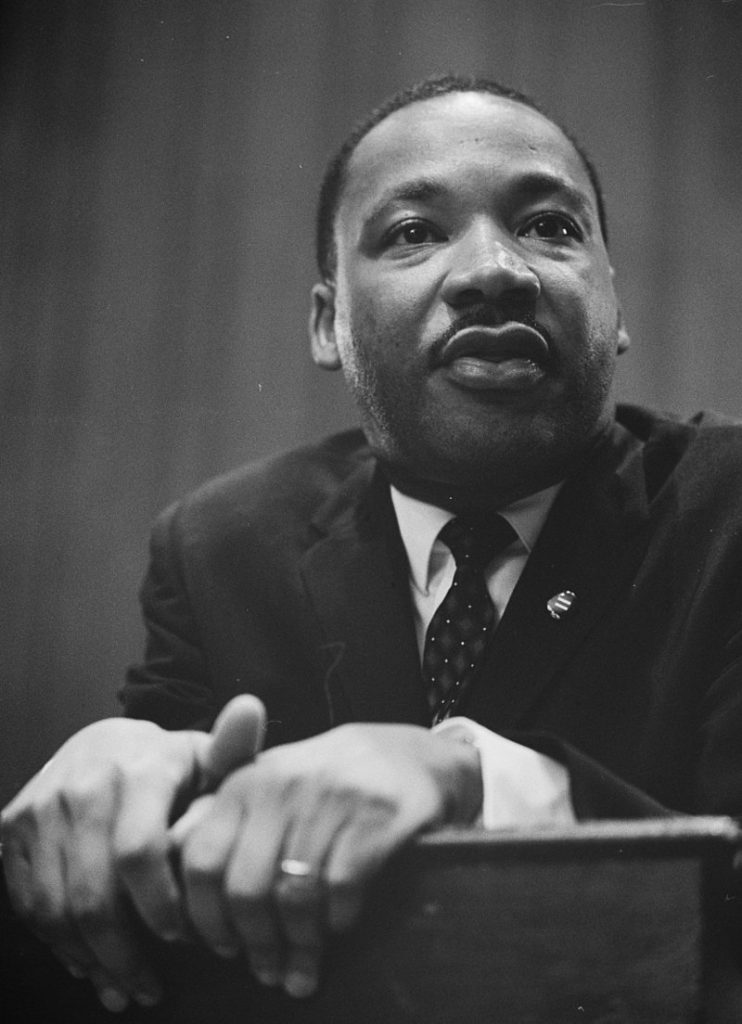
Each of these persons suffered in ways that were unique to them. Each found different “tools” that helped them find light. Luther resisted solitude and sought ways to “drink, joke, and jest.” Cowper found strength from strong supportive friendships and from poetry. King found release though dark humor, spirituals, and a discovery that while jailed in solitary confinement, “God had been my cellmate.”
I encourage you to get Diana’s book for yourself and for any you know who have depression or who are affected by loved ones who have depression.
And watch the video interview. It is anything but depressing.
- Diana Gruver, Companions in the Darkness: Seven Saints Who Struggled with Depression and Doubt (Downers Grove, IL: InterVarsity Press, 2020), 5. [↩]
- Gruver, 46f. [↩]
- Gruver, 57. [↩]
- Gruver, 14f. [↩]

